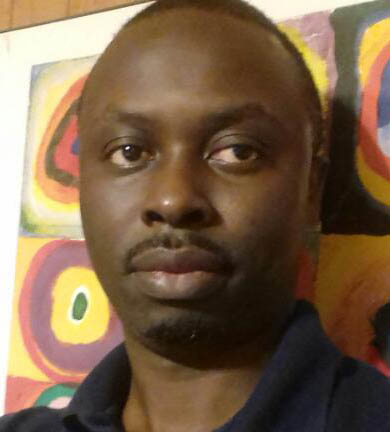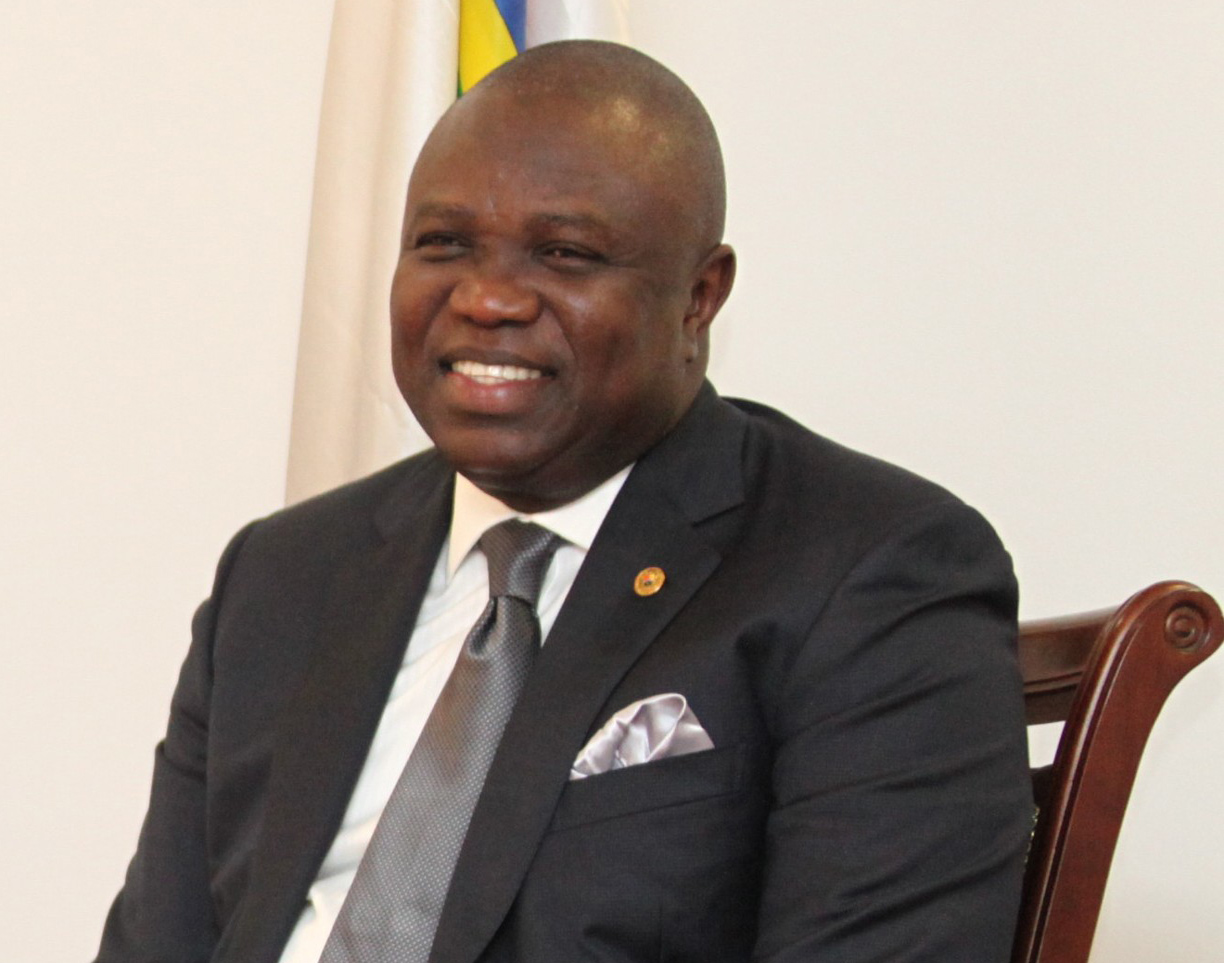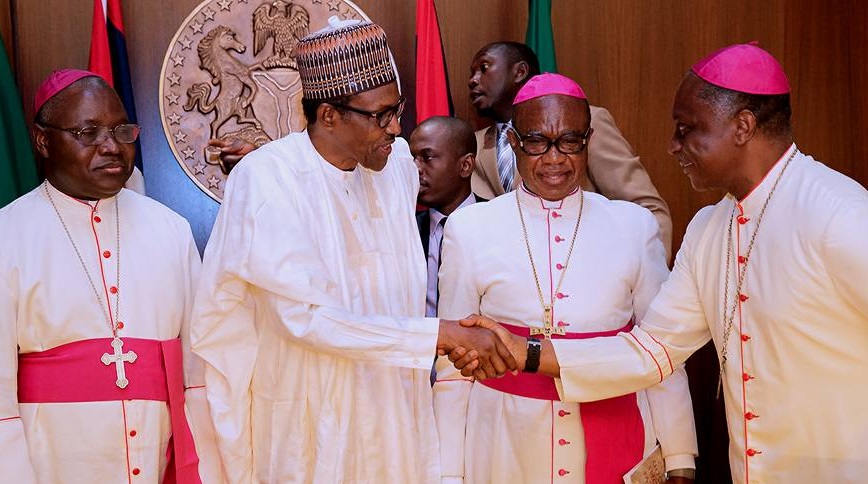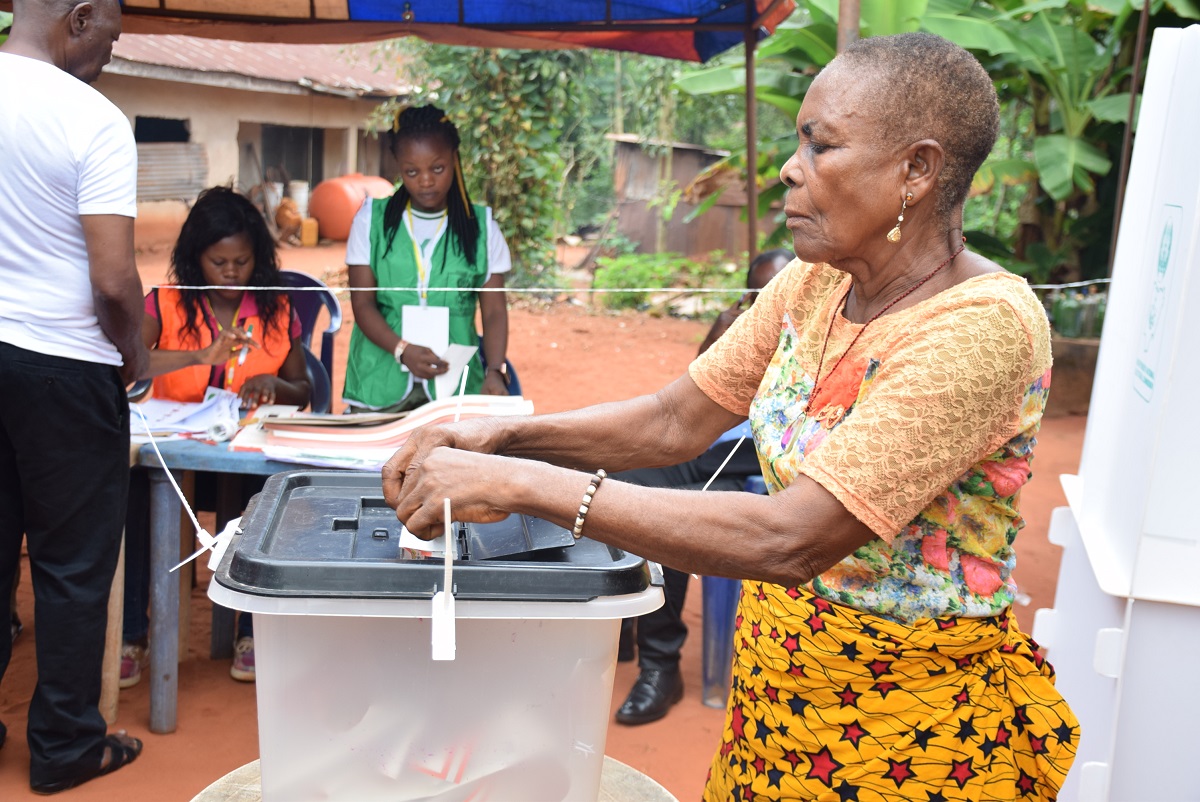I grew up listening to pattern of strokes on drums. From a scared forest near our house, we heard constant drumbeat; from a palace of a deceased famous king we heard early morning beating of drums; and from the market square a few steps away, sound from drums was what Gelede masquerade listened to before putting one foot in front of the other during festivals. My maternal uncle helped me to understand strokes on drums by explaining messages behind a particular drumbeat, the time; where the sound is coming from and why it matters.
So it was in my childhood years that I learned perceptive communications.
I try not to blow the vuvuzela of other people, especially when I don’t agree with their political leanings, but Catholic Bishops, Chief Olusegun Obasanjo, Pastor Tunde Bakare and General Ibrahim Babangida’s recent open rebuke of President Muhammadu Buhari’s leadership contain sound from dangerous drums all over the country that the president may find difficult to hear, because of his lickspittles.
Clearly, if there’s one message for President Buhari in the sound of the drums I heard from the south to the north, it is that Mr. President is overstretching citizens’ patience on the state of the nation.
Advertisement
I am aware that President Buhari hears regularly from his constituency, if I go by the much publicized and repeated allegory in the president’s spokesperson’s articles.
“One evening I went to see him, and I told him,” wrote Mr. Femi Adesina, the president’s spokesman who is doing a difficult job to sell a broken egg at original price. “Mr President there is this noise all over the country of hunger, he told me ‘I am aware. I have a constituency. People from my own constituency pass the word to me and tell me that things are tough.”
But does Buhari hear more than words from his constituency? Does Mr. President hear the beating of the drums? Does he understand the pattern of strokes on the drums?
Advertisement
This is why Nigerians are bummed out: Some more than 7.956 million Nigerians became unemployed since Buhari was elected. I did not make up the data. The National Bureau of Statistics (NBS) revealed the truth. Based on what NBS churned out at the end of 2017, Mr. Buhari inherited the burden of creating jobs for less than eight million Nigerians who were out of job in 2015, when he was elected to bring change, but the number of people out of employment has doubled with no sign that it will abate.
In fact, the jump in figures for unemployment rate will be hard to reverse without foresight. The spiral downward shows “14.2 per cent in Q4 2016 to 16.2 per cent in Q2 2017 and 18.8 per cent in Q3 2017.”
To compound the woe, more people of ability to work bloated the figure for working population from 83.9 million in June 2017 to 85.1 million in September 2017. Certainly, Nigeria under Buhari didn’t prepare for them. Don’t forget that we missed the opportunity to hold census in 2016.
“The number of people within the labour force who are unemployed or underemployed increased from 13.6 million and 17.7 million respectively in Q2 2017, to 15.9 million and 18 million in Q3 2017,” NBS said.
Advertisement
It is clearly a shattering moment for the country, when breadwinners now sit at home with families or roam the streets to avoid being asked the typical concerned question: how’s work?
NBS figure is enough to make any sitting president and his party lose next round of elections, where people vote based on policy and where vote count. That is what I’m hearing in the drumbeat of despondency across the country.
Will Buhari be able to reverse the trend before the end of his tenure? I doubt. Here is why: the 2018 budget is in limbo, the National Assembly controlled by the All Progressives Congress, the president’s party has said nothing will happen to the appropriation budget until April, because their concerns have not been addressed. How can you run a government on lotto (a game of chance) and expect true change?
Last year, the budget debacle nearly ruined everything and less than 50 per cent of the 2017 budget was implemented.
Advertisement
In a recent interview published by The Punch, a former Managing Director of Unity Bank Plc, Mr. Rislanudeen Mohammed, made a negative pass at Buhari’s economic growth. “The strategies put in place under the economic recovery and growth plan have yet to be effectively implemented,” he said. “For example, for the capital expenditure aspect of the 2017 budget, it was only 15 per cent that was implemented as of the third quarter of 2017 and the Gross Domestic Product of 2.19 per cent projected for 2017 might as well be a mirage.
“Capital expenditure typically reflates an economy by creating more jobs and jumpstarting it towards sustainable recovery and growth in a typical Keynesian economic model.”
Advertisement
Mohammed’s observation puts a question mark on Buhari’s talent in running a country and making it prosperous, after nearly three years in government.
Indeed, it is true. In a year, when Buhari is expected to tell positive narrative of his time in government to stimulate support for his party or his re-election, a damning report by the African Development Bank (AFDB) is equally making him look unserious and uninformed about how to boost ailing economy.
Advertisement
At nearly three years in government, Buhari appears to be a bystander in economic recovery plan. The evidence is in the prolonged agony in different homes and business places all over the country.
Now, under Buhari, the AFDB’s latest economic outlook report shows significant increase in the number of people who fell into poverty rack with figure of 152 million citizens living on less than $2 a day. That calculation represents about 80 per cent of Nigeria’s population.
Advertisement
“Poverty is unacceptably high,” declares AFDB. “Nearly 80 per cent of Nigeria’s 190 million people live on less than $2 a day,”
Okay, it is legitimate for those serving with Buhari to find fault with my analysis, but I’m only taking Mr. President by his words. I was there in the beginning, when we all hired our minds out to hope, trusting he will truly turn things around, based on his words and “body language,” and we cannot say they don’t matter now.
To be sure, In September 2015, during a three-day tour of France to prepare his government for economic success, he addressed a gathering of investors at the Nigerian-France Presidential Business Forum (PBF) in Paris with unusual conviction that Nigeria under him will accelerate economic growth and pull millions out of poverty.
“Nigeria is now at a new dawn to chart and reposition its destiny for greatness,” he said. “We have resolved and firmly determined to consolidate on industrialising Nigeria and diversifying its economy into sectors such as agro-processing, mining, manufacturing, petro-chemicals, food processing and textiles.” Interestingly, the sectors mentioned are still burdened with challenges unattended to by this government in a way that will fire up impressive gains.
The figures of small growth not withstanding in the manufacturing sector is hampered by perennial infrastructure problems such as poor power supply, high cost of self-generated energy, poor road network and rail services.
For instance, Frank Jacobs, who leads Manufacturing Association of Nigeria (MAN), said: “Most companies, such as Coca-Cola, Wempco, Nigeria Flour Mills and especially the multi-nationals self-generate their power. They don’t rely on the national grid.”
Be mindful that these companies produce products that Nigerians go after for one reason or the other and their outlook report is supposed to attract foreign investors. The companies are some of the places where you can find true figure of job creations and employment to make a case for re-election, but their reports are in the negative, from downsizing to closure and losses to lethargy.
In fact, when I learned that companies in the league of Manufacturing Association of Nigeria spend N20.8 billion monthly on power generation to run their production processes, I figured out that Nigerians will pay for it and with household income that is so poor, patronage will reduce when the price of commodity go up. Of course, the poverty level can only be imagined, when purchasing power is low in any economy. It has a rub-off effect on health care too.
To flip the narrative, Nigeria will need a president that will not test-run, but take the bull by the horn. For that to happen, I believe Buhari can help the country progress by supporting Nigeria’s quest for a forward-leader. I’m sure he knows that within Nigeria’s 190 million population there are many brilliant leaders in the north and south, who can continue to take the country forward.
Yes, Buhari can stand for election again, but his statesmanship will be in directing his energy at helping the country find a forward-leader that is desperately needed.
Here are my final words. Presidency of Nigeria is not by divine rights. It is simply a contract. In 1963, America’s civil right leader, Rev Martin Luther king jr said something very profound and president Buhari should think on those words that “the ultimate measure of a man is not where he stands in moments of comfort and convenience, but where he stands at times of challenge and controversy.”
Views expressed by contributors are strictly personal and not of TheCable.
Add a comment







